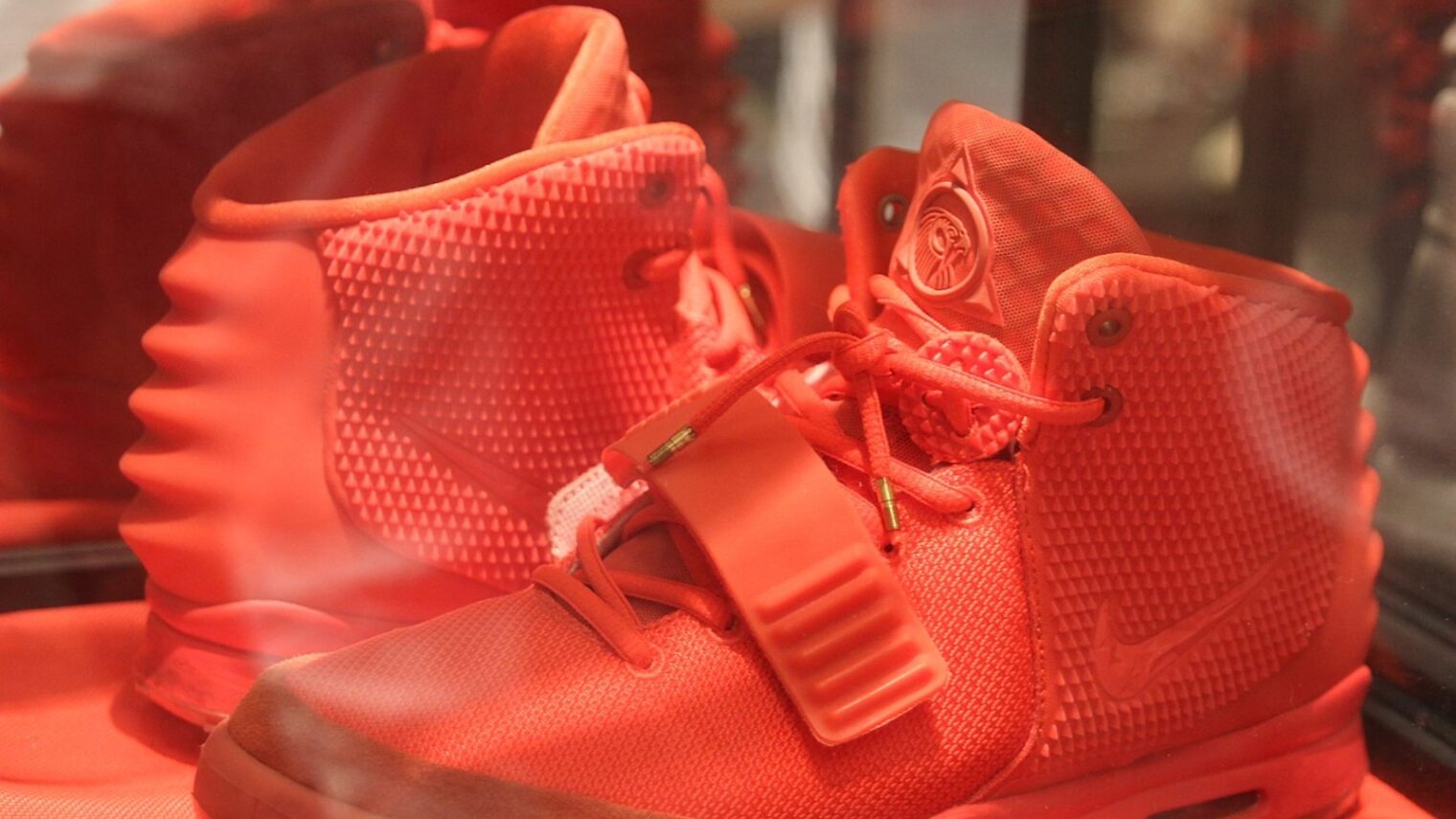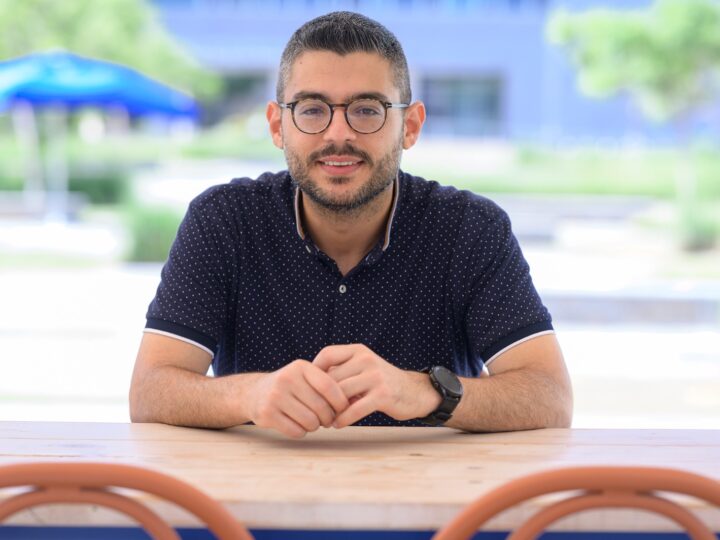Udi Avshalom was late for his Zoom interview with ISRAEL21c because he was finishing up a meeting in his California home with Kanye West, the hip-hop legend now officially called Ye.
Ye, Jay-Z and Sean “Diddy” Combs consider Avshalom their go-to product management and branding guy for footwear by leading brands such as Nike, Adidas, Champion, Fila and J. Crew.
Avshalom is the acknowledged sage of sneaker culture, which he defines as something that “makes the world a lot happier” in comparison to fussy, uncomfortable footwear like wingtips and high heels.
“You can’t put a sneaker on your foot without smiling, right? So I picked up on that as an inner-city child growing up in Brooklyn. In my neighborhood, what made people happy was getting a gold chain or a pair of sneakers. We weren’t as rich as the jewelry crowd, but I was always able to figure out how to get a pair of sneakers,” he says. “And that’s where I found my passion.”
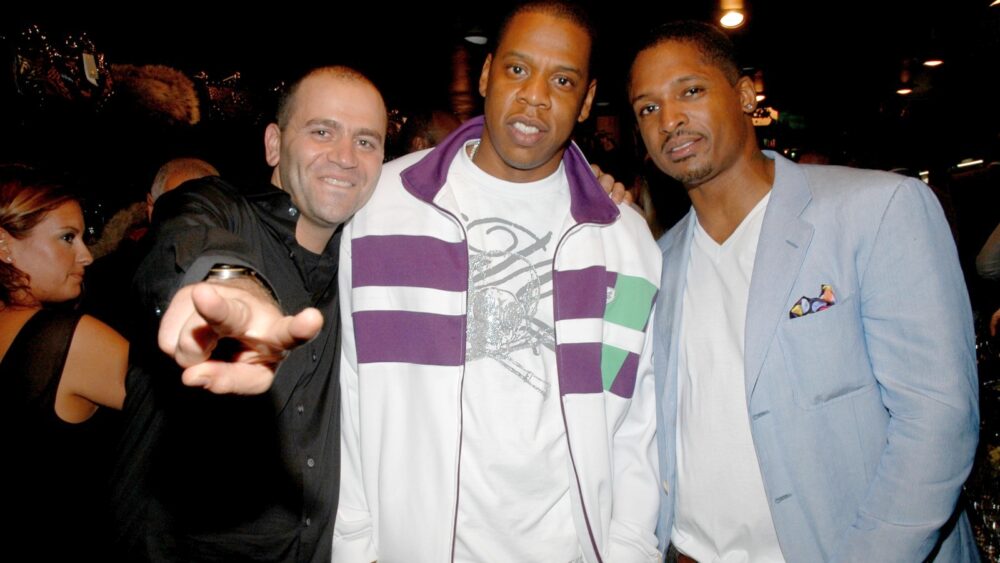
Avshalom was born in Israel and immigrated with his parents at age six. They settled in Brooklyn but not in one of its Jewish neighborhoods.
“I think we came so broke that I landed in an urban community, predominantly Black. And the community that adopted me, believe it or not, was hip-hop. I was partners with the Wu-Tang Clan,” he says, referring to the 1990s hip-hop sensation.
“It’s almost like the streets made me. The cops were my first ‘landlords’ because we were street merchants in the beginning. And it was the inner-city kids and the hip-hop community who were sharing the block with me,” Avshalom says.
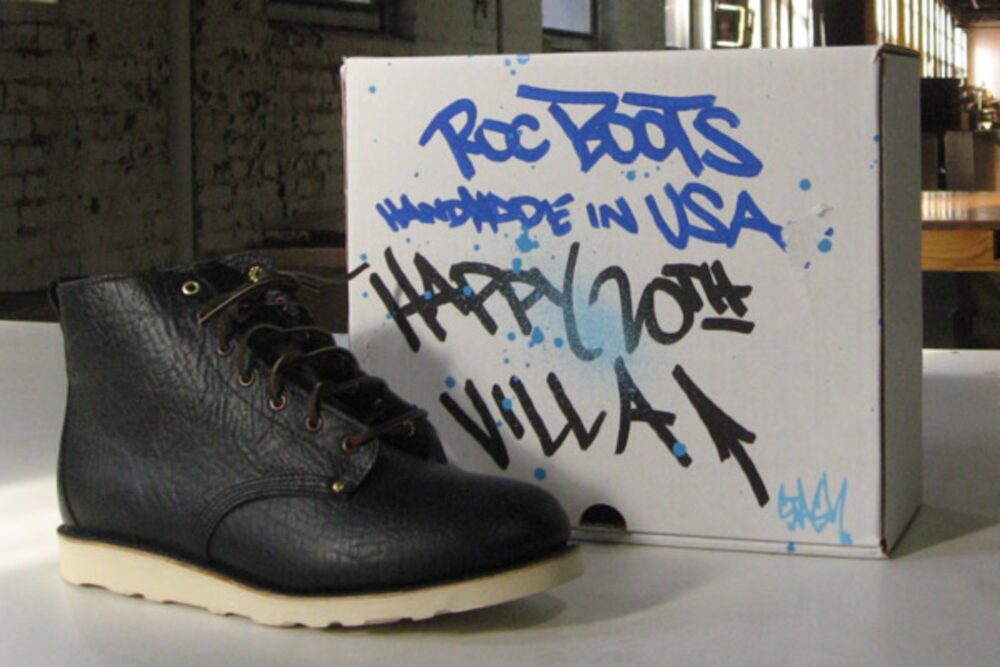
Some of them became high-profile celebrities while Avshalom achieved behind-the-shoe stardom. But they remained tight, personally and professionally.
“Kanye considers me one of his closest allies on his business dealings — and more important, a true friend.”
Shalom, sneaker culture
Yet Avshalom never forgot his roots. On the contrary, he takes every opportunity to dig them deeper.
Which helps explain why he thinks the time is right to introduce sneaker culture to Israel.
“I’m gonna either partner up with people in Israel or go about it myself. Israel has a lot to offer in terms of its design resources and technological resources. There’s no reason why Israel can’t manufacture sneakers,” says the former COO of Yeezy.
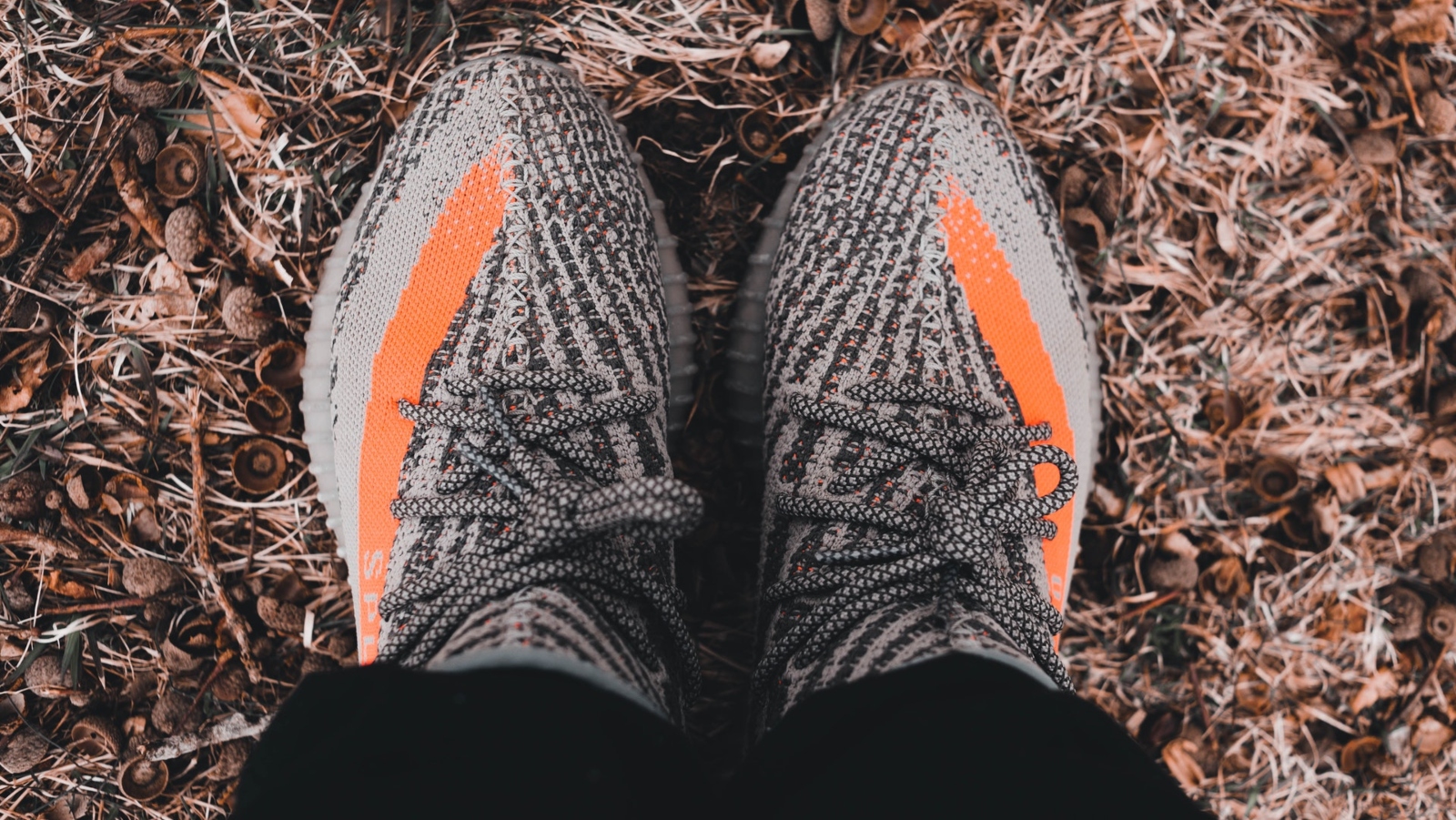
“And by any means necessary, I’m gonna figure out a way because I smell the update. I smell that the consumer is ready to go. The [Israeli] consumer is not only looking for sale; they’re looking for style. They’re looking for global acceptance,” he says.
“When I smell something like that, just like scoping out a good location for a store, it’s only a matter of time until other good things follow. And I want to be a part of that.”
Avshalom visits Israel often. “I’m a big advocate that if you forget your history, you have no future,” he says.
“Before every deal that I sign, before every decision I make, I have to go to the [Western] Wall and touch it. I’m not a religious guy at all. I’m just very traditional. And I want to be sure to never forget.”
Bigger than self
“Never forget” also relates to his family’s Holocaust history.
“On my mother’s side, we only had two people that survived the Holocaust. And we’re in America because of one of them,” his aunt Stephanny Torrance.
“Stephanny was one of the only women ever to escape Auschwitz. Eventually she married an American GI and emigrated to America. She and my grandfather were the only two people left in the family.”
Avshalom’s grandfather helped set up what would become the Israel Defense Forces. “He was a war hero. He fought in the Jewish Brigade for the British and he fought in the partisans. He was really an amazing guy.
“Right before he passed away, he told me, ‘You’re in America, but don’t forget you’re Israeli first.’ For him, Israel was thicker than self. So he made sure to leave that message with his children, and until today, it’s still bigger than self for me,” says Avshalom.
“My wife is Israeli, and I make sure that my kids are always in Israel. I think I always connected more to Israel than being a Jew in America, and I think that’s a very important ingredient for me to keep in my mind and in my heart. Always.”
Sneaker smiles
Israelis, he continues, live with a lot of tension and need the smile that sneaker culture could put on their faces. And not only Jewish Israelis but also Arab Israelis.
“One of my first sneaker stores was in Brooklyn and my customer base was heavily Palestinian,” he says.
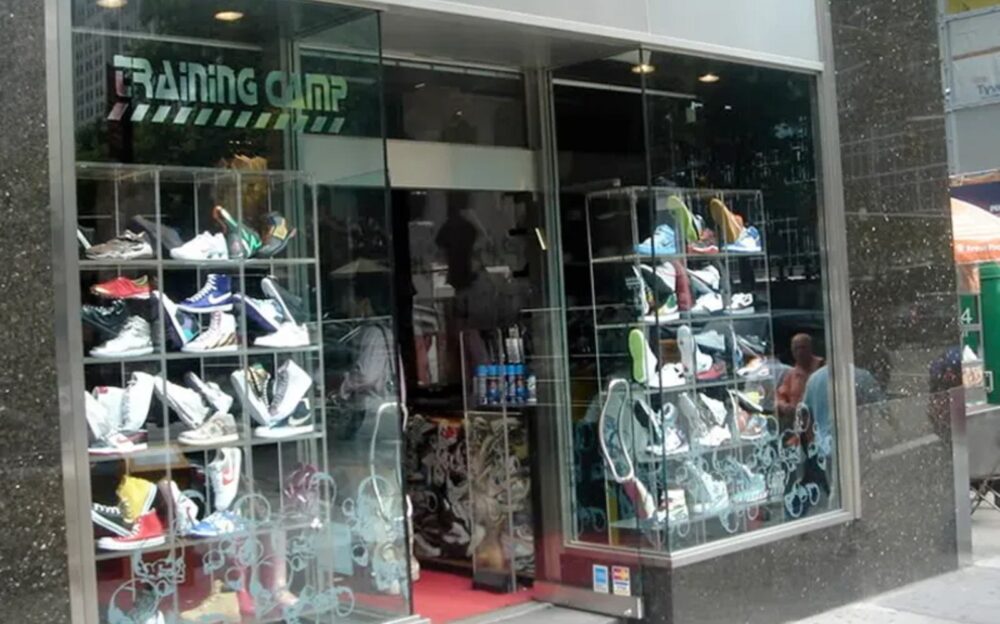
“I was that Israeli shopkeeper that they loved because they also came as immigrants, broke, looking for small pieces of contentment and small symbols of success. And I always made sure to make people feel good over a pair of sneakers.”
He moved to California only four years ago. “I’m not in California – I’m New York or in denial,” he jokes.
At his son’s recent bar mitzvah, he mentions, the guest roster was “20% Black, 20% Palestinian, 20% Israeli, 20% American Jews and 20% others.”
The rabbi remarked to Avshalom that he’d never seen a crowd like this at a Jewish affair.
“And I said, ‘Well, welcome to New York, my friend. Welcome to the insights of a sneaker store guy.’ These are the people who were with me the whole way.”
Avshalom wants to bring Ye to the holy land as part of the sneaker culture introduction.
“Eventually,” says Avshalom, “he’s going to make world peace through sneakers.”




